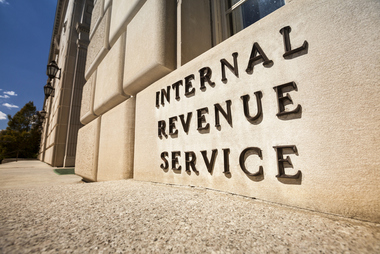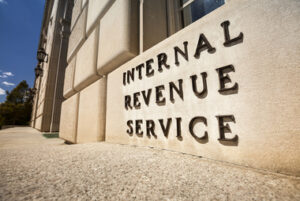
It’s Always a Good Time to Check Withholding
 Are you having the right amount of taxes withheld from your paycheck? You should check at least once a year, or even more frequently if you’ve had a major life change. Right now, in the aftermath of a pandemic that upended many taxpayers’ financial situations, is a good time to check and to make changes to your Form W-4, if necessary.
Are you having the right amount of taxes withheld from your paycheck? You should check at least once a year, or even more frequently if you’ve had a major life change. Right now, in the aftermath of a pandemic that upended many taxpayers’ financial situations, is a good time to check and to make changes to your Form W-4, if necessary.
In general, the IRS advises taxpayers to make changes if they hold more than one job at a time or have income from sources not subject to withholding. Taxpayers who don’t make the necessary changes could get an unpleasant surprise when filing. They could owe additional tax and possibly penalties.
On the other hand, many will want to decrease their withholding if they qualify for income tax credits or deductions other than the basic standard deduction. Although they may get a big refund when they file, they may want the money upfront instead.
The IRS advises you to check your withholding now if you fall into any of these categories:
- You have a spouse who is an employee.
- You are working two or more jobs at the same time or only work for part of the year.
- You claim credits such as the child tax credit.
- You have dependents age 17 or older.
- You itemized deductions on prior year returns.
- You have a high income and a complex tax return.
- You had a large tax refund or large tax bill last year.
Fortunately, the IRS has provided an online withholding estimator. Before using it, be sure to have on hand your most recent pay stub (and your spouse’s, if applicable). Besides the pay stubs, you will need your most recent tax return and documents relating to other sources of income.
Note that the tax-withholding estimator is safe: It does not ask you to provide sensitive information such as your name, address, or Social Security or bank account numbers. The IRS does not save any of the information that you enter.
However, the calculator may not be able to take into account all issues, so if you have a complex tax and financial situation, be sure to work with a qualified tax professional.



